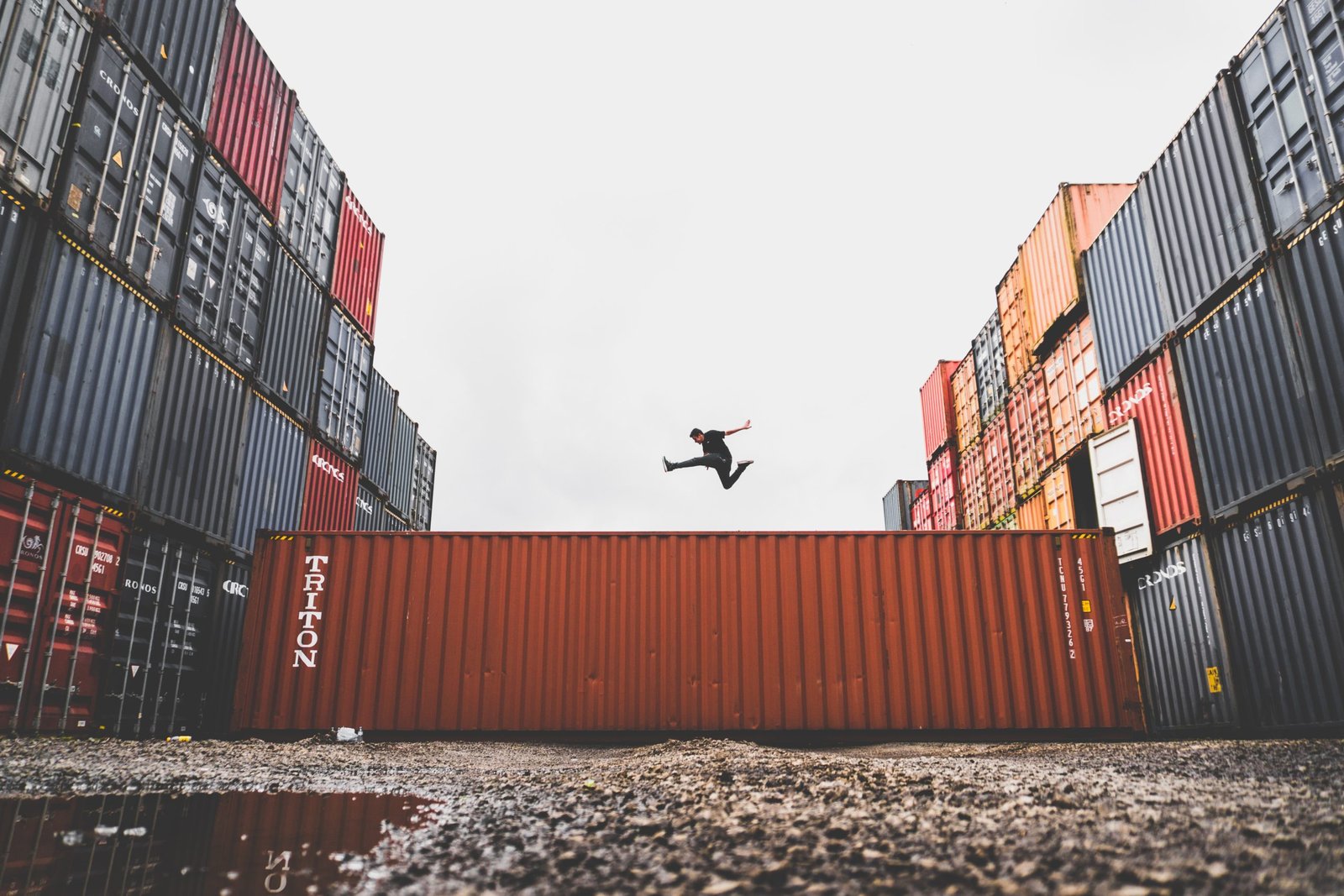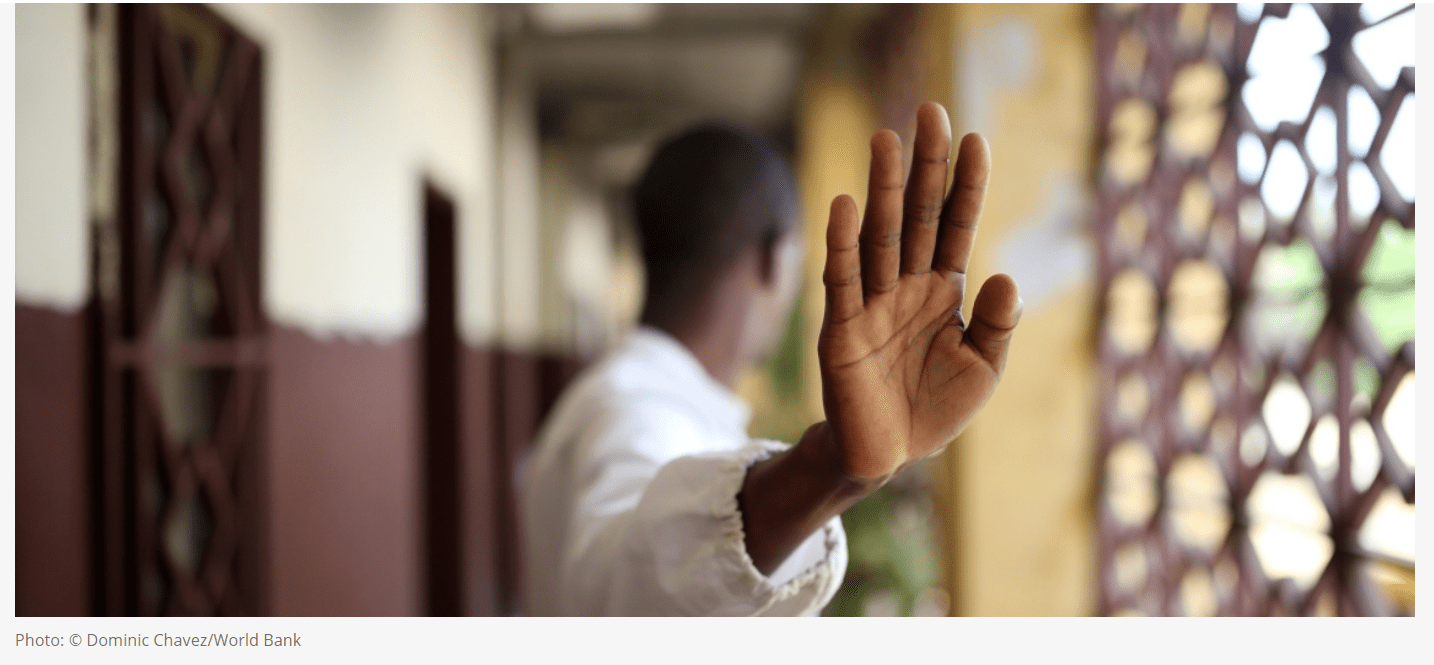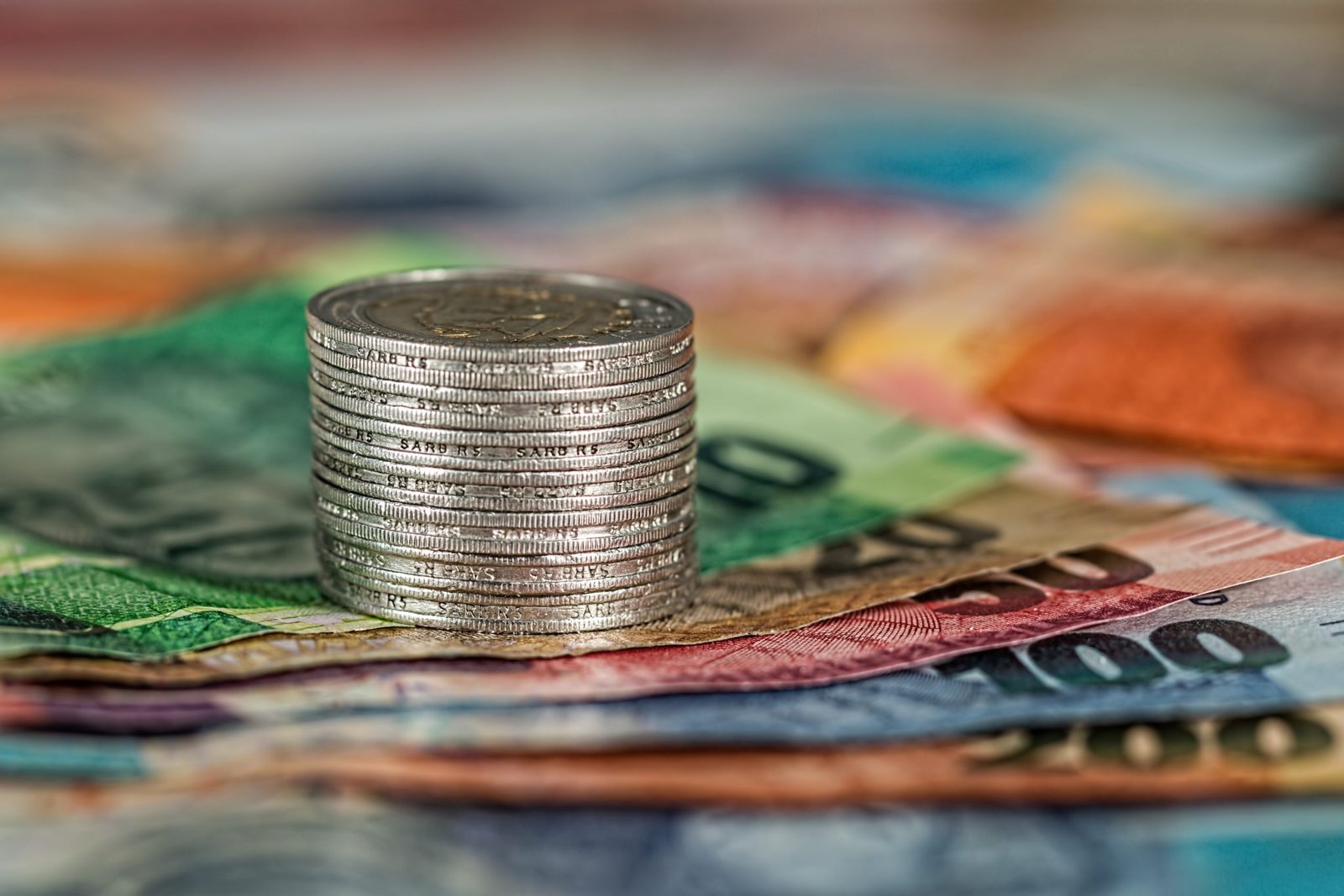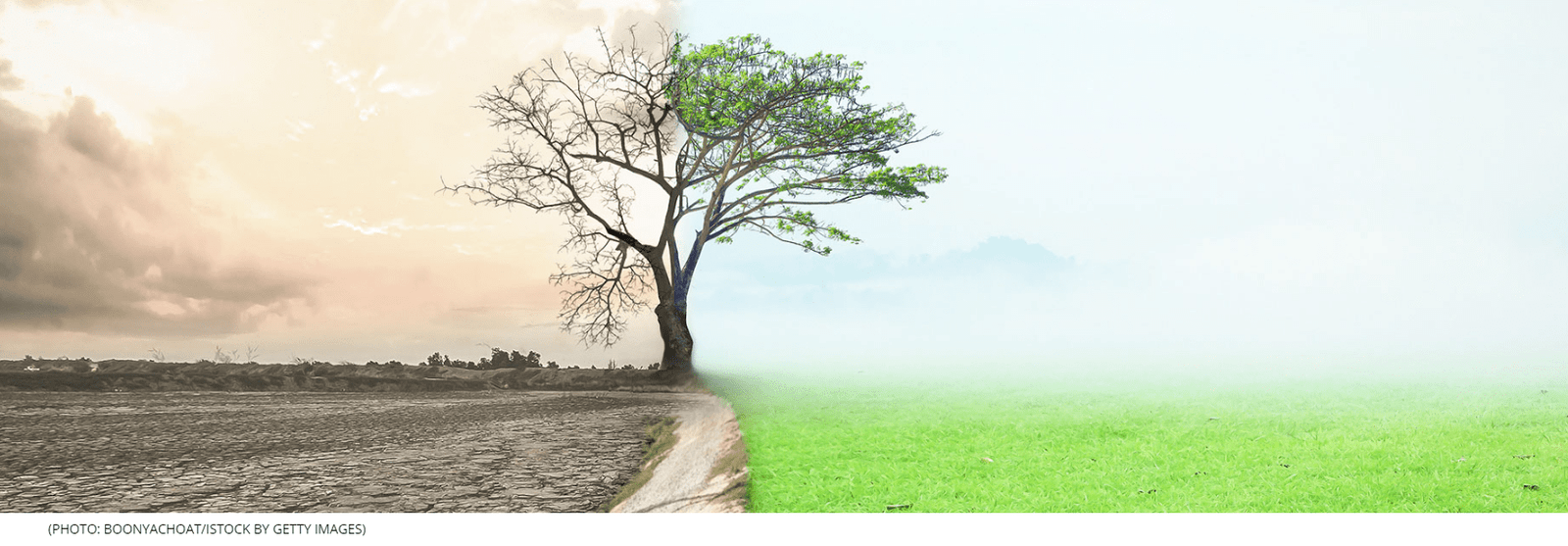Global Imbalances and the COVID-19 Crisis
A new IMF External Sector Report shows that overall current account deficits and surpluses in 2019 were just below 3 percent of world GDP, slightly less than a year earlier. The latest forecasts for 2020 imply only a further narrowing by some 0.3 percent of world GDP, a more modest decline than after the global financial crisis 10 years ago.









